
OR
Few takers for subsidized quake loans to rebuild homes
Published On: June 29, 2016 04:30 AM NPT By: Sagar Ghimire | @sagarghi
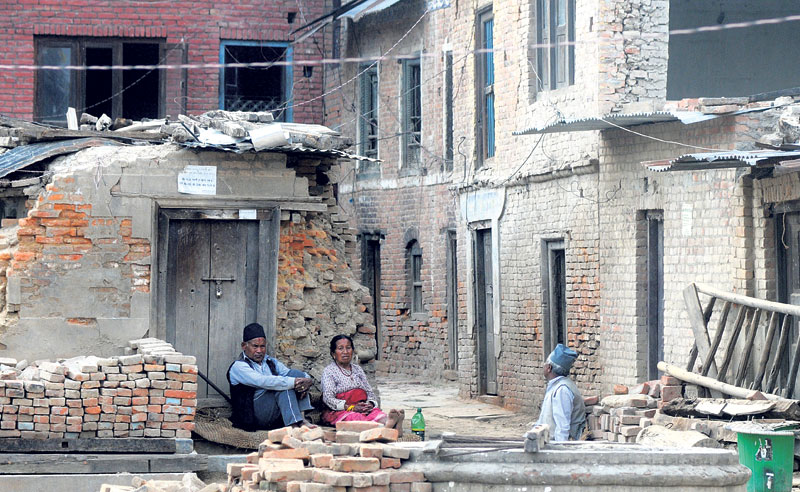
KATHMANDU, June 29: Though the devastating earthquakes last year damaged nearly 800,000 houses, only 18 individuals have taken advantage of a subsidized loan scheme under which only 2 percent interest is charged.
According to data available at Nepal Rastra Bank (NRB), 18 borrowers have so far acquired loans totalling Rs 38 million from various bank and financial institutions (BFIs) for rebuildling their houses.
While the central bank was quick to announce that it will provide refinancing at zero percent interest to the BFIs, which will in turn have to issue reconstruction loans at 2 percent interest to the earthquake victims, the dismal level of loan disbursement shows that the lenders are little interested in offering credit under this scheme.
NRB was quick to announce the scheme by way of relief to the quake victims, the central bank stands accused of showing little interest in recent days toward prodding the BFIs to encourage the loans.
In the initial days of the scheme, the BFIs had been turning down the loan demands from victims, citing confusion over the criteria and procedures.
Apart from government restriction for a long spell on house reconstructions in the wake of the quakes, confusion over victim identity and documentation procedures, the requirement for collateral and other factors, the mismatch between the refinancing period of just six months under the NRB Act and the maturity period of more than 10 years for the loans stymied the scheme for nearly six months.
Kishore Maharjan, CEO of Civil Bank Ltd, told Republica that some of the limitations of the scheme hves kept potential borrows away.
"The ceiling for the loans is Rs 2.5 million for loans inside Kathmandu Valley, which is very low as people here generally go for an outlay of Rs 40 million to 50 million," he said, adding, "Similarly, some of the government restrictions on reconstruction of houses even five or six months after the quakes has meant that people have made their own arrangements for financing."
His bank has not received any application under the scheme.
The central bank announced that quake-hit families can borrow up to Rs 2.5 million from BFIs in Kathmandu Valley and up to Rs 1.5 million in other quake-hit districts, at the subsidized interest rate of 2 percent. Such loans will be refinanced by the central bank at zero percent interest to the BFIs.
Maharjan also points to the discrepancy between the refinancing period for the reconstruction loans and the maturity period.
"Generally, home loans are for more than 5 years. However, the central bank says the refinance will be for six months, citing a provision in the law. Though it has since extended the period to one year, it is not enough for us to feel reassured that the refinancing will not be stopped after one year," he added.
BFIs are reportedly delaying or refusing the loans under the scheme, citing lack of enough collateral and weak documentation.
Banker Maharjan said they are duity bound to follow some of the home loan requirements.
"While issuing its circular, the central bank told us to issue loans as per our own home loan policies, and these have some criteria such as collateral, income source and road access. We cannot float loans if the collateral is not satisfactory and the borrowers do not have the capacity to repay," added Maharjan.
Responding to media comments about the reluctance of BFIs to issue loans under the scheme, NRB Governor Chiranjibi Nepal said that BFIs cannot themselves approach the earthquake survivors to take on the subsidized loans.
"The central bank has already introduced a refinance procedure, and the quake-hit families should approach the BFIs as per their procedures for floating the loans."
"If the BFIs deny the loans, they can register their complaints at the central bank, and we will do the needful," Nepal said during a mid-term review of monetary policy in February.
You May Like This

Flood, fire victims to get subsidized loans loans to rebuild house, run business
KATHMANDU, Jan 10: At a time when earthquake victims are struggling to get subsidized loans from bank and financial institutions... Read More...
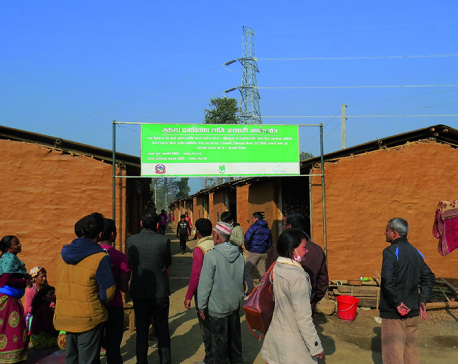
Guchhiwang quake victims reluctant to return and rebuild destroyed homes
CHITWAN, Feb 1: The earthquake of April 2015 had killed one and injured many in Guchhiwang village. None of the houses... Read More...
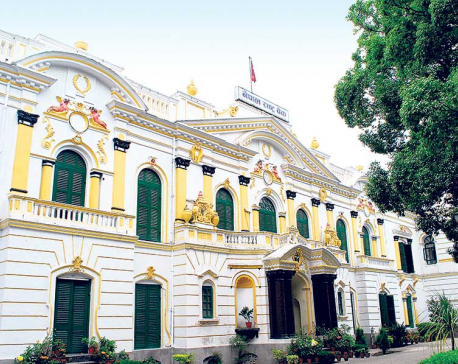
Flood, fire victims to get subsidized loans to rebuild houses, run business
KATHMANDU, Jan 10: At a time when earthquake victims are struggling to get subsidized loans from bank and financial institutions (BFIs),... Read More...

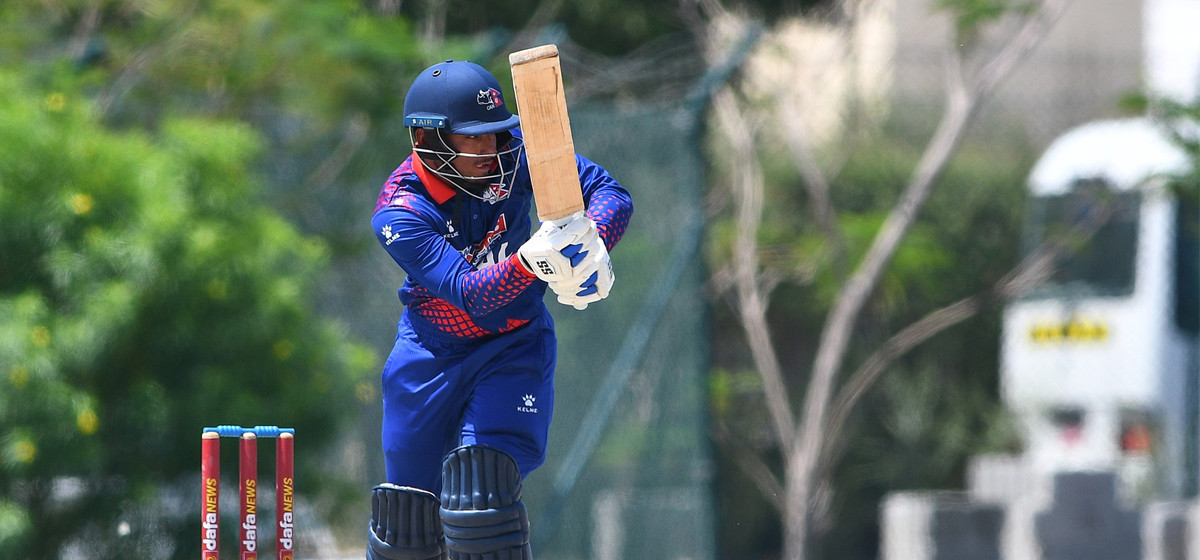
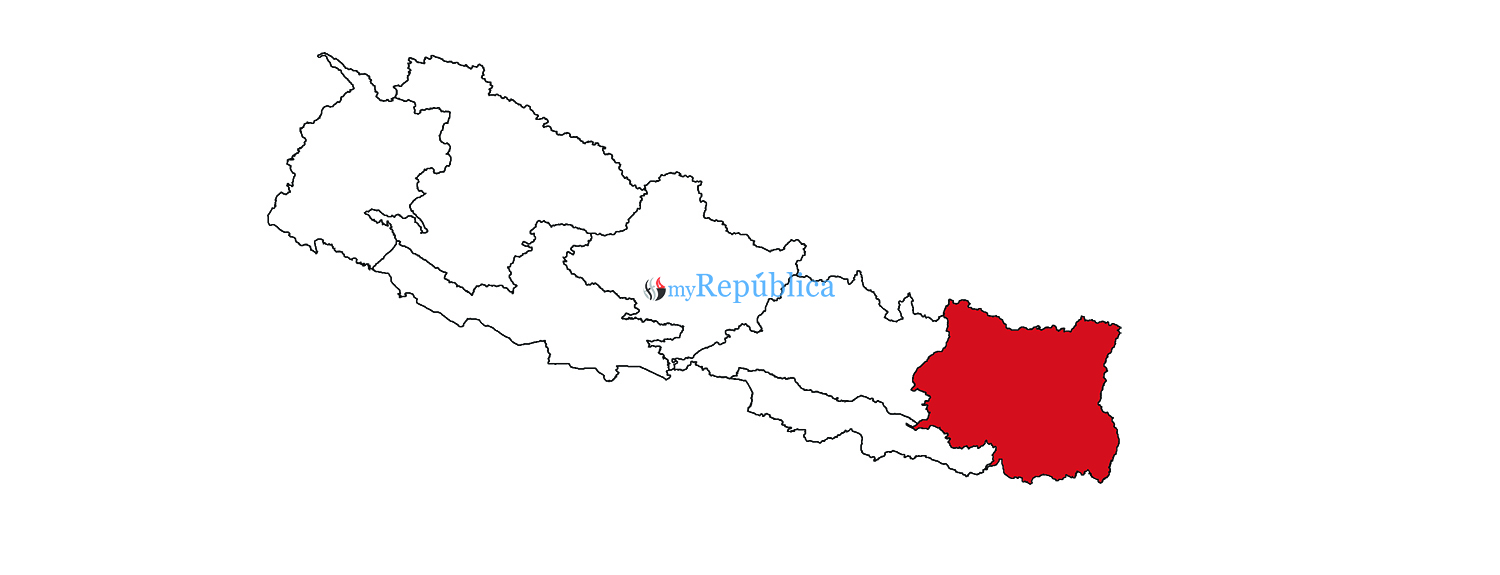


Just In
- Teachers’ union challenges Education Minister Shrestha's policy on political affiliation
- Nepal sets target of 120 runs for UAE in ACC Premier Cup
- Discussion on resolution proposed by CPN-UML and Maoist Center begins in Koshi Provincial Assembly
- RBB invites applications for CEO, applications to be submitted within 21 days
- Telephone service restored in Bhotkhola after a week
- Chemical fertilizers imported from China being transported to Kathmandu
- Man dies in motorcycle accident in Dhanusha
- Nepal face early setback as four wickets fall in powerplay against UAE










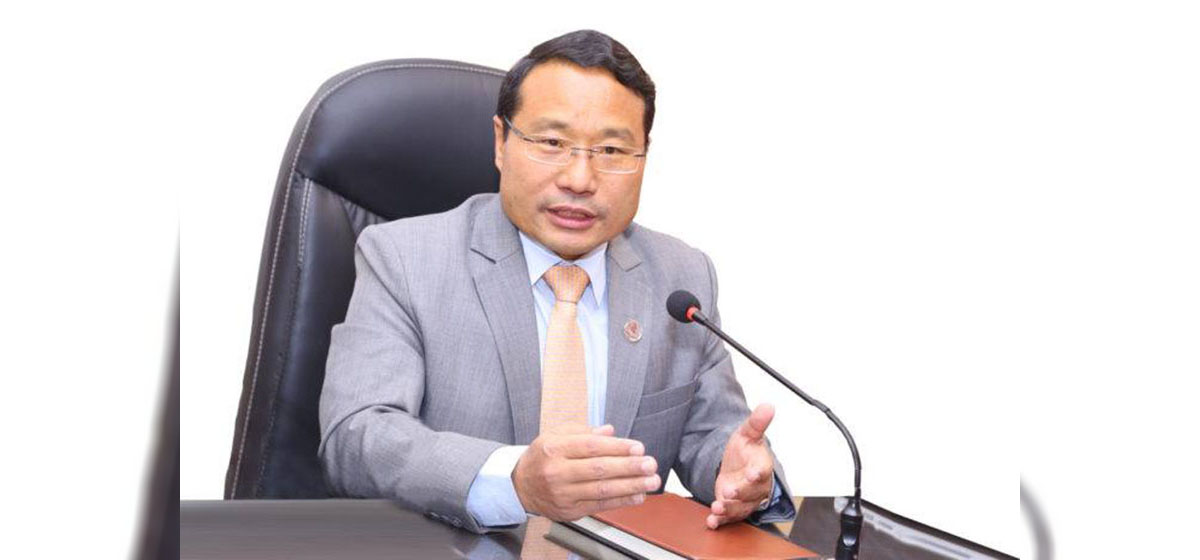
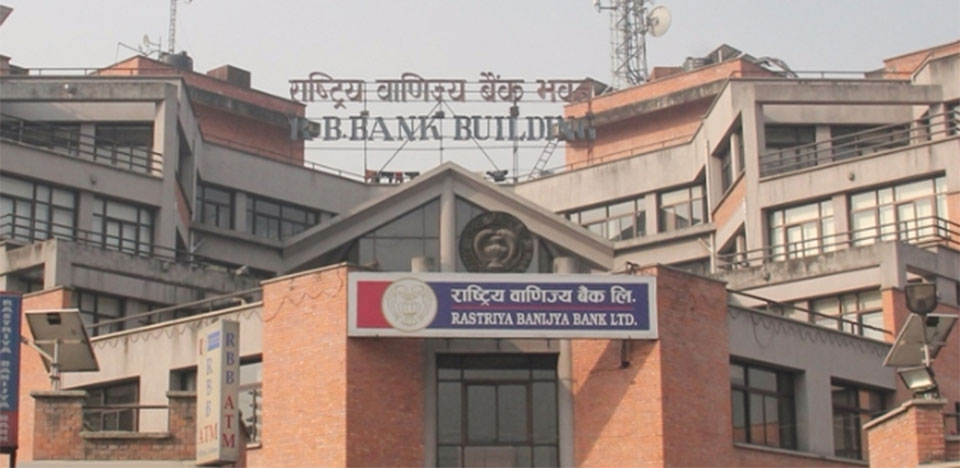

Leave A Comment